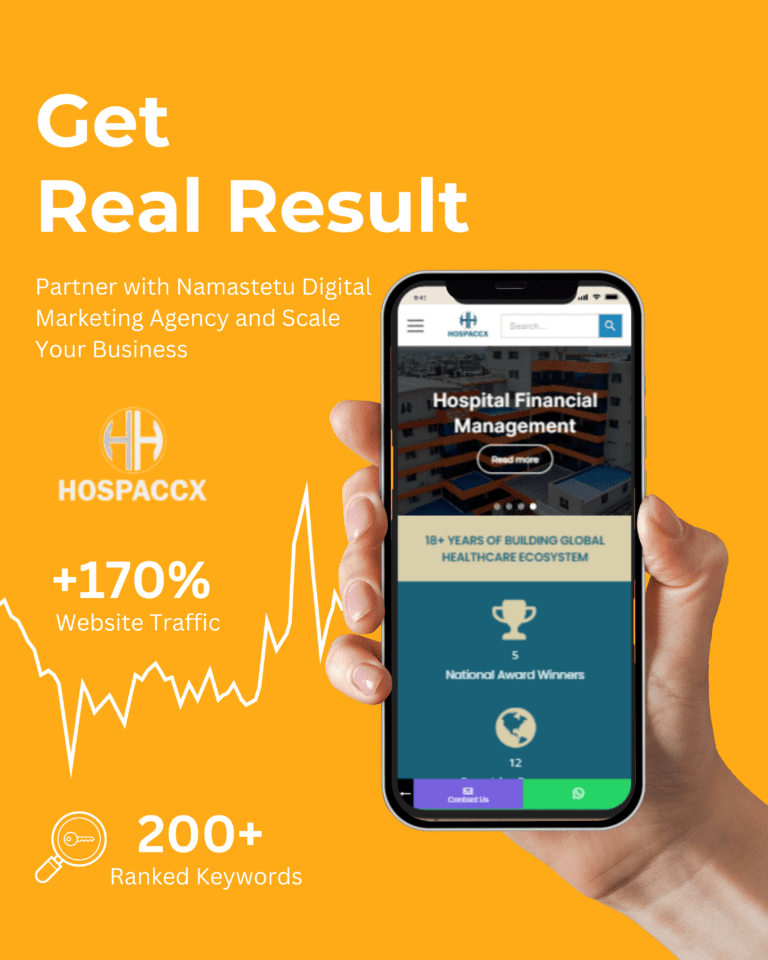In the ever-evolving landscape of Search Engine Optimization (SEO), backlinks remain a cornerstone of effective digital marketing strategies. These powerful vote of confidence from other websites play a crucial role in determining a site’s authority, credibility, and ultimately, its search engine rankings. This article delves deep into the world of backlinks, exploring their significance, types, and best practices for acquiring them ethically and effectively.
Understanding Backlinks: Digital Vote of Confidence
Backlinks, also known as inbound links or incoming links, are hyperlinks from one website to another. In essence, they serve as a digital endorsement, signaling to search engines that other reputable sites find your content valuable enough to link to. This external validation is a key factor in how search engines, particularly Google, assess the quality and relevance of your website.
The SEO Power of Backlinks
- Improved Search Engine Rankings: High-quality backlinks are one of the top ranking factors in Google’s algorithm. They help search engines discover new pages and determine how well a page should rank for specific keywords.
- Increased Organic Traffic: As your search engine rankings improve, so does your visibility in search results, leading to increased organic traffic to your website.
- Faster Indexing: Search engine bots follow backlinks to discover new web pages. A strong backlink profile can help your content get indexed more quickly.
- Domain Authority Boost: Backlinks from authoritative sites can significantly increase your domain authority, a metric that predicts how well a site will rank on search engine result pages (SERPs).
- Referral Traffic: Besides SEO benefits, backlinks can drive direct traffic from the linking site to yours, expanding your audience reach.
Types of Backlinks: Not All Links Are Created Equal
Understanding the different types of backlinks is crucial for developing an effective link-building strategy.
1. Do-Follow vs. No-Follow Links
- Do-Follow Links: These pass SEO value and are the most beneficial for rankings. They’re the default type of link unless specified otherwise.
- No-Follow Links: Tagged with a “rel=nofollow” attribute, these links don’t pass SEO value but can still drive traffic and may indirectly benefit SEO.
2. Editorial Links
Earned naturally when other websites link to your content because they find it valuable. These are the most desirable type of backlinks.
3. Guest Post Links
Obtained by contributing content to other websites in your industry. While valuable, it’s important to focus on high-quality, relevant sites.
4. Directory Links
Links from online directories. While once overused, listings in reputable, industry-specific directories can still provide value.
5. Social Media Links
While typically no-follow, these can drive traffic and increase brand visibility, indirectly benefiting SEO.
6. Brand Mentions
Sometimes called “implied links,” these are references to your brand without a hyperlink. While not traditional backlinks, they can still impact SEO.
The Anatomy of a High-Quality Backlink
Not all backlinks are equally valuable. Here are the characteristics of high-quality backlinks:
- Relevance: Links from sites in your industry or niche carry more weight.
- Authority: Backlinks from reputable, high-authority sites provide more SEO value.
- Placement: Links within the main content are generally more valuable than those in footers or sidebars.
- Anchor Text: The clickable text should be relevant and descriptive, but avoid over-optimization.
- Diversity: A natural backlink profile includes a mix of different types of links and anchor texts.
- Freshness: While older links still have value, acquiring new links signals ongoing relevance.
Strategies for Ethical Link Building
Building a strong backlink profile requires a strategic approach focused on creating value and fostering relationships.
1. Create Link-Worthy Content
- Develop high-quality, original content that naturally attracts links.
- Focus on creating comprehensive guides, original research, and infographics.
- Keep your content up-to-date and relevant.
2. Guest Blogging
- Contribute valuable content to reputable sites in your industry.
- Focus on building relationships and providing value, not just acquiring links.
3. Broken Link Building
- Find broken links on other websites and offer your content as a replacement.
- Use tools like Ahrefs or Moz to identify broken link opportunities.
4. Digital PR and Newsjacking
- Create newsworthy content and reach out to journalists and bloggers.
- Respond quickly to trending topics with relevant insights.
5. Skyscraper Technique
- Find popular content in your niche and create something even better.
- Reach out to sites linking to the original content and suggest your improved version.
6. Resource Link Building
- Create valuable resources like tools, calculators, or comprehensive guides.
- Reach out to sites that link to similar resources.
7. Relationship Building
- Engage with influencers and thought leaders in your industry.
- Collaborate on content or projects to naturally earn links.
The Risks of Black Hat Link Building
While the temptation to take shortcuts can be strong, engaging in unethical link-building practices can result in severe penalties from search engines.
Avoid These Practices:
- Buying Links: Purchasing links violates Google’s Webmaster Guidelines and can result in penalties.
- Link Farms: Avoid networks of websites created solely for link building.
- Excessive Link Exchanges: While some reciprocal linking is natural, overdoing it looks manipulative.
- Hidden Links: Concealing links in your content is a clear violation of SEO best practices.
- Automated Link Building: Using software to generate links en masse is likely to result in low-quality, spammy links.
Measuring the Impact of Your Backlink Strategy
To ensure your link-building efforts are paying off, it’s crucial to track and analyze your backlink profile regularly.
Key Metrics to Monitor:
- Total Number of Backlinks: Track the growth of your overall link profile.
- Domain Authority: Monitor changes in your site’s domain authority.
- Referring Domains: The number of unique websites linking to you.
- Link Quality: Assess the authority and relevance of linking domains.
- Anchor Text Distribution: Ensure a natural mix of anchor texts.
- Organic Traffic and Rankings: Ultimate indicators of SEO success.
Tools for Backlink Analysis:
- Google Search Console
- Ahrefs
- Moz Link Explorer
- SEMrush
- Majestic
The Future of Backlinks in SEO
As search engines become more sophisticated, the nature of backlinks and their impact on SEO continues to evolve. However, their fundamental importance remains constant.
Emerging Trends:
- Quality Over Quantity: Focus on fewer, high-quality links rather than mass link acquisition.
- User Experience Signals: Links that drive engagement may carry more weight.
- Brand Mentions: Unlinked brand mentions may play a larger role in SEO.
- Contextual Relevance: The content surrounding a link may become more important.
- AI and Machine Learning: More nuanced evaluation of link quality and relevance.
Conclusion: The Enduring Value of Backlinks
In the complex world of SEO, backlinks continue to be a vital component of any successful strategy. They serve as a testament to your content’s quality and relevance, helping to establish your website’s authority and improve its visibility in search results.
However, the key to success lies in focusing on ethical, white-hat link-building practices that prioritize value creation and relationship building. By consistently producing high-quality content, engaging with your industry community, and leveraging creative link-building strategies, you can build a robust backlink profile that stands the test of time and algorithm updates.
Remember, effective link building is not about quick wins but about long-term, sustainable growth. It’s a continuous process that requires patience, creativity, and a commitment to providing value to your audience and industry. As search engines evolve, the fundamentals of earning links through quality content and genuine relationships will always remain relevant.
By understanding the value of backlinks and implementing ethical link-building strategies, you’re not just improving your SEO – you’re building a stronger, more authoritative online presence that benefits your brand in numerous ways beyond search rankings.




